Good evening, again my name is Sarah Kelley. I have been the Pastor of Faith, Hope and Love In’tl Healing and Deliverance Center for almost 35 years and have been in the Ministry for Forty years. I am the wife of Raleigh C. Kelley Jr. in which we celebrated our both Anniversary on May 8th. We were blessed with a son and a daughter, the son has gone on to be with the Lord, three grandsons and 12 great grandchildren.
Quite naturally I cannot tell my whole life story. So I shall share portions.
I was born in Charlottesville Va. 78 years ago and have lived here most of my life. From the age of two, I was raised by my Great Grandmother, whose parents had been slaves. Quite naturally her upbringing caused her to have a slave mentality which has passed down through our generations.
She cooked three meals a day, seven days a week, for many years at the Dolly Madison Inn, which no longer exist. Plus, she took in Washing and Ironing, which at that time was without a washing machine, but a tub and scrub board, and no electric iron.
After observing her hard and unappreciated work, I promised myself that I would never, ever, be subject to that abuse.
My first memorable experience with injustice, (one of many), was at the drinking fountains at the Trailway Bus station here in Charlottesville. I was five years old. My great grandmother and I were headed to Atlanta City for a short summer vacation.
At that particular time in my life, the water fountains were separated by race. As a child, I did not understand differences. I saw the sign over a small, filthy looking water fountain that said “Colored Only” and a sign over a large, clean, luxurious water fountain that said “White Only”, but as a child I thought it meant the water was white and the other was colored.
Even though the Colored people's fountain was dirty, I took a few sips of the warm, almost hot, water because I wanted to taste "colored water”. Afterwards, I stood on my tiptoes at the shiny clean fountain and proceeded to drink the cool, tasty water. The next thing I knew, I was being yanked and spanked by my great grandmother and being cursed at yelled at by the ticket agent, bellowing “Get Out” of the bus station. Sadly, I did not know why my great grand had spanked me, neither did I know why the ticket agent was so angry.
I had innocently tried both water fountains because I wanted to taste and see the kind of water that was “color” and water that was "white”. Quite naturally they tasted different, but they looked the same. It never changed colors. I did not know, nor did I understand racism.
While having to wait in the sun outside the bus station, my grandmother told me why she had spanked me. I felt totally angry, as well as, puzzled, to why I was not good enough to drink from the beautiful fountain. I believe that is why I don't drink much water today, white or colored water.
The one thing that she made sure of, because she could not read or write, was that I would learn to read and write. She had me tutored at the age of three. I started in the first grade at five years old and finished twelfth grade at the age of 16.
During the years of Massive Resistance, here in Charlottesville, my granny sent me to live with my mother in Washington D. C. because she did not want my education interrupted. Although, I still ended up in an All White School, the experience was milder than what was going on in Charlottesville, Va.
At the age of eighteen, my husband and I got married at my Father-In-Laws home that was on Irving St., here in Charlottesville, in the Vinegar Hill area, where Urban Renewal was enforced.
He owned a beautiful five bedroom home, in which he built, but it was torn down along with other black homes and businesses due to the supposingly, Urban Renewal. It displaced many black people. I was so distressed about my father-in-law's injustice, because he did not receive a fair price for his lovely home.
It was my desire, at the age of 18, to be a Registered Nurse, but UVA in the late 50's, was not receiving blacks in the Nursing program. In the late 50's, they did open the door for black LPN's, who worked in a less appreciated positions. I finally entered the UVA LPN training program in the early 60's. Thanks be to God, that at the beginning of this year, 2019, UVA recognized the Black LPN's and made us Alumni members and UVA also recognized me, as the First African American to complete the Chaplaincy program.
In many situations, I have either been the First Female, the First African American or the First Female and African American.
The constant subtle mistreatment has been a catalyst for me. It has given me the determination to stand firm and endure hardness.
I just have to mention that my heart is broken and continues to break for my husband, who from an early age wanted to be a fireman. He served in the Air Force as a fireman. But when he was discharged from the Military, with hopes of pursuing this career, his color kept him from being hired. Blacks were not being employed as firemen at that time. That rejection crushed him, but it made me even the more determined to stand for justice and equality for all.
I have vowed that the slave mentality that had been planted in my forefathers mind was not going to rule my life. That mentality of discounting self and one another, was one that also persuaded the African American people to not trust one another, therefore pitting one against another. The remnants of that mentality still exist today, causing us, as black people, to not freely support, and build up one another. It has also caused us, at times, to even hinder, rather than help each other to progress.
Quite naturally, over the years, I have seen and experience injustice at the public libraries, swimming pools, cemeteries, on buses, streetcars, trains, elevators, in theaters, waiting areas, restrooms, schools, housing and sadly, even in Churches,
It has caused me to look at what is wrong and try to figure out what I can do to make it right.
"Speak up for the people who have no voice, for the rights of all the down-and-outers. Speak out for justice. Stand up for the poor and destitute”. Proverbs 31:9 Messenger.
“Little children, let us not love in word or talk, but in deed and in truth”. 1 John 3:18 ESV
~ Apostle Sarah Kelley

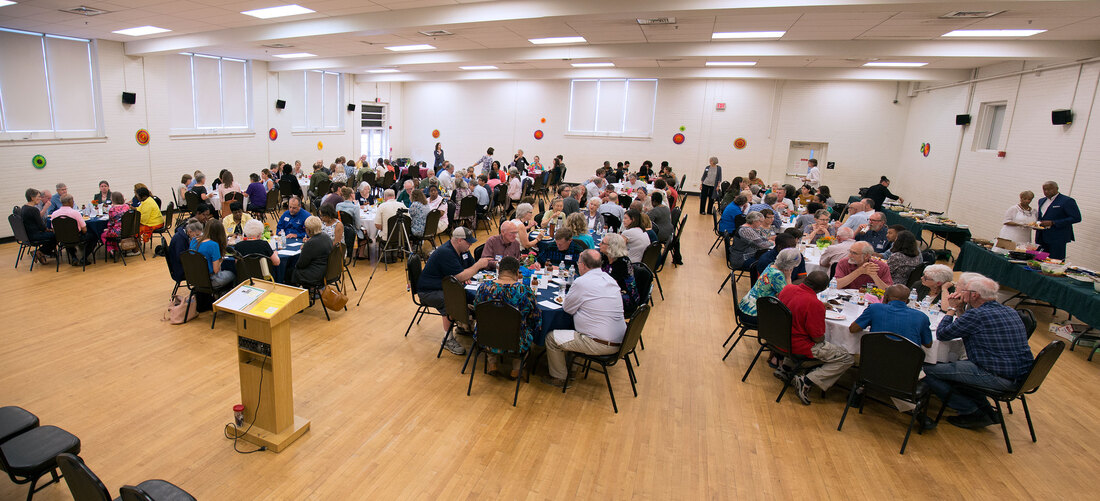

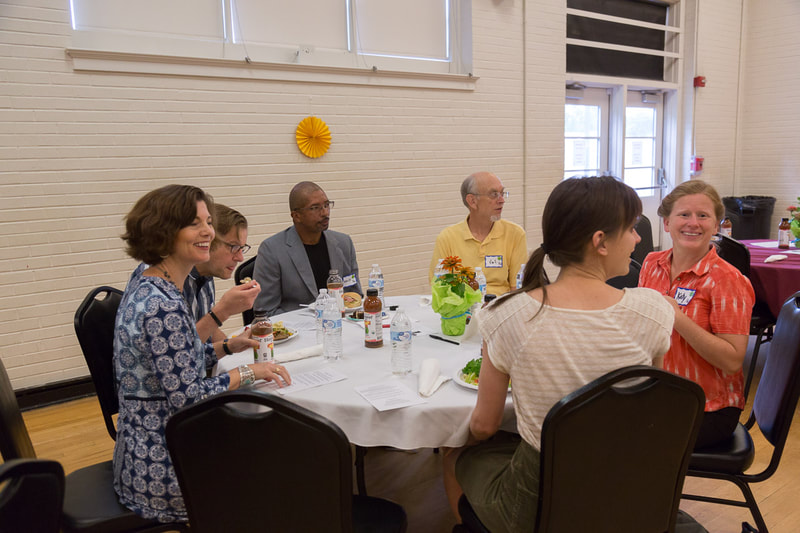
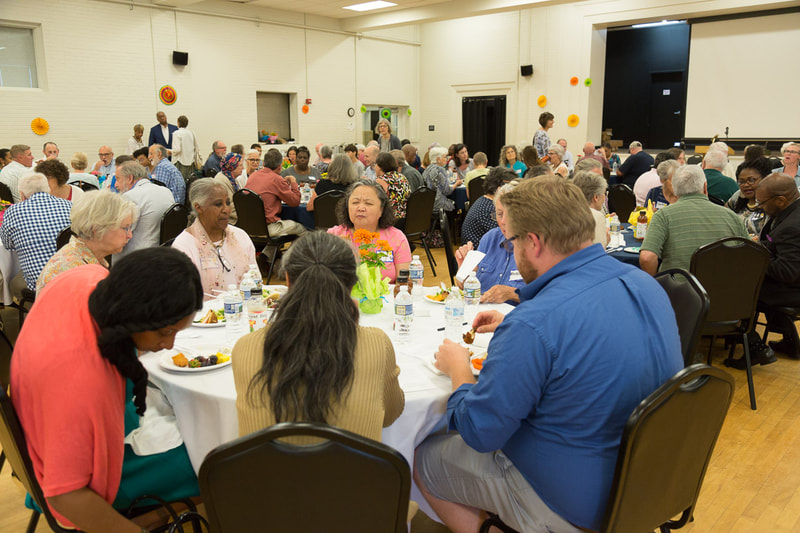
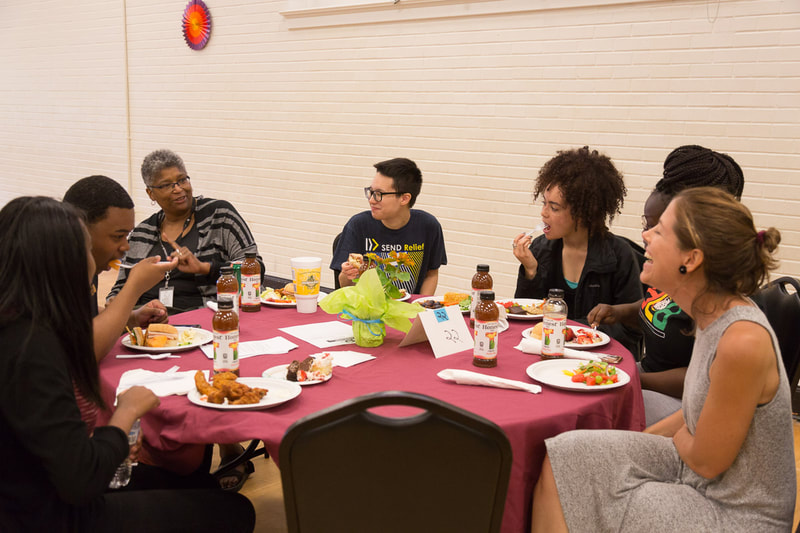
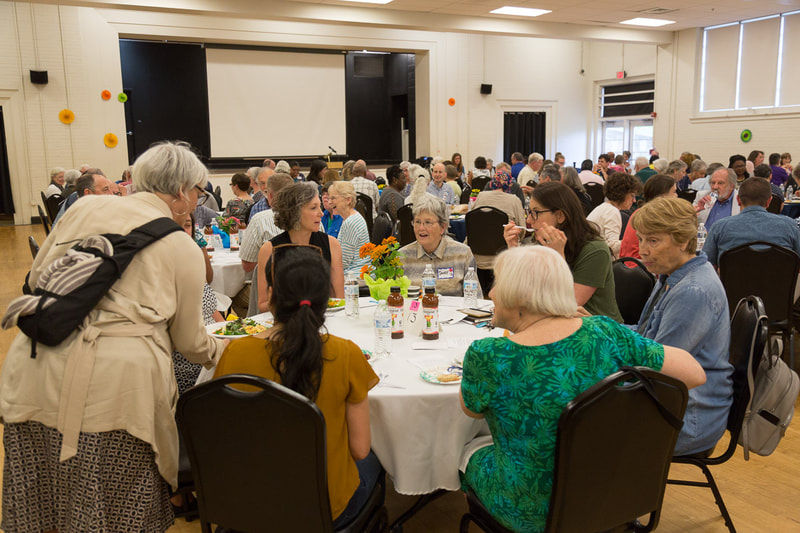
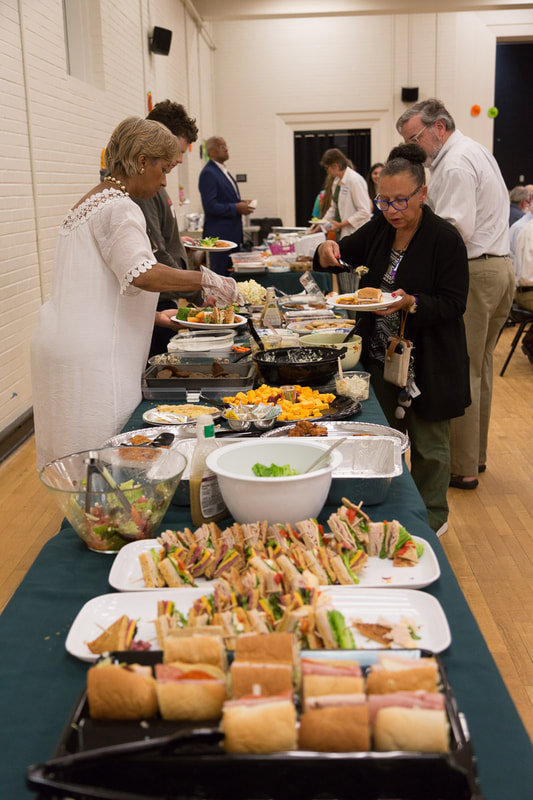
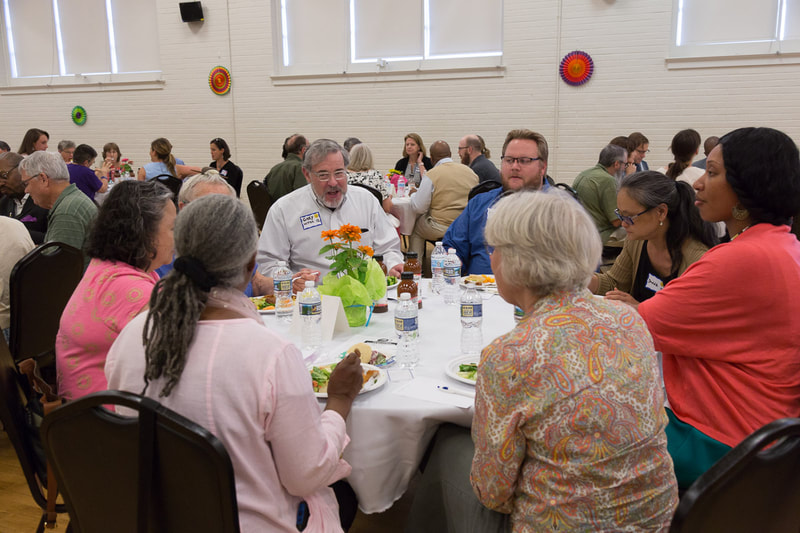
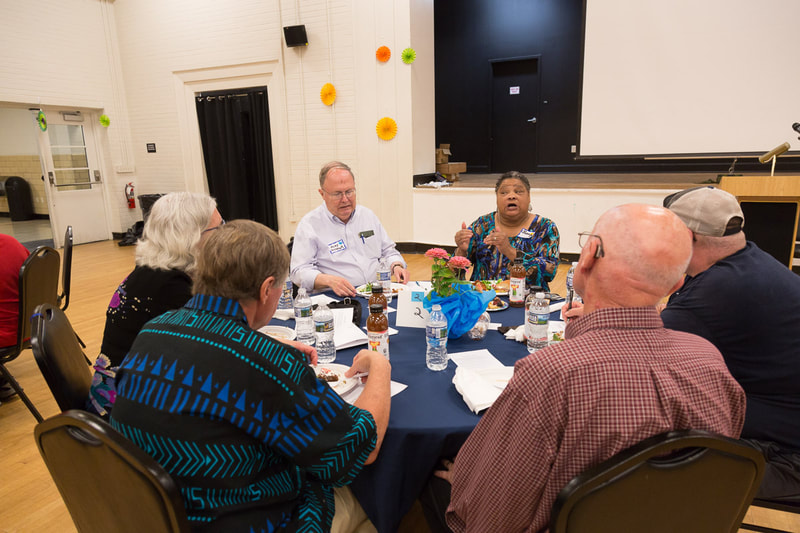
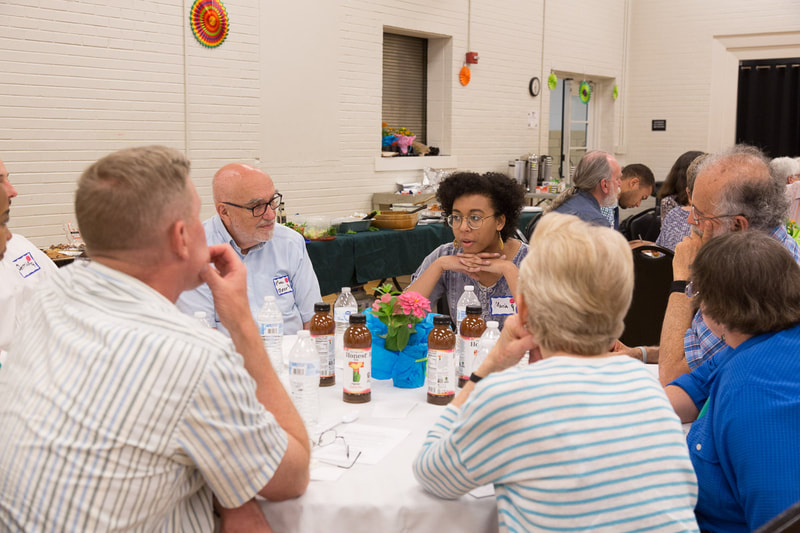
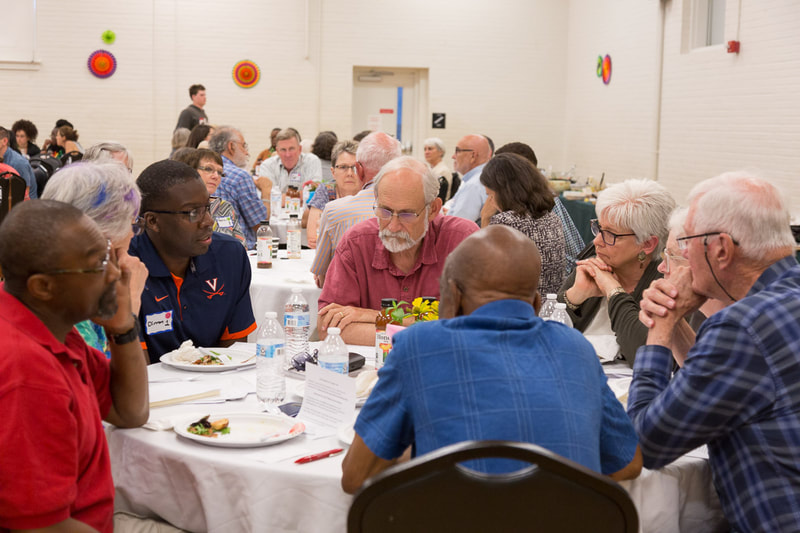
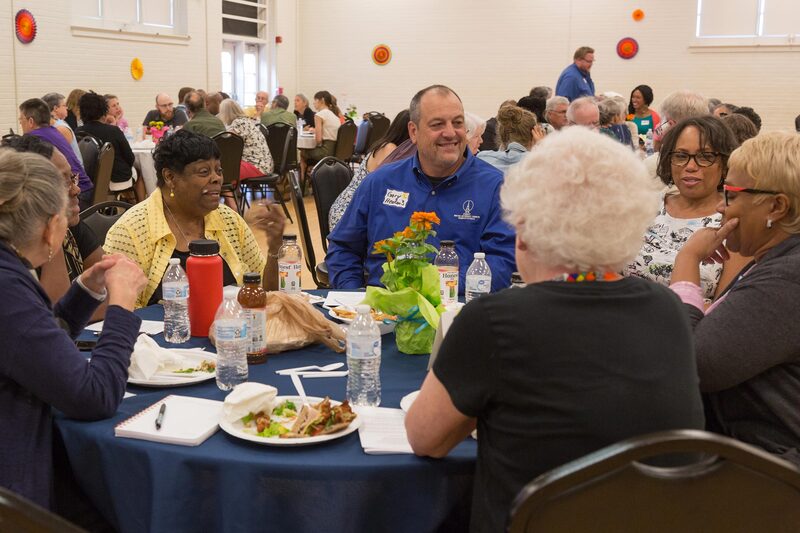
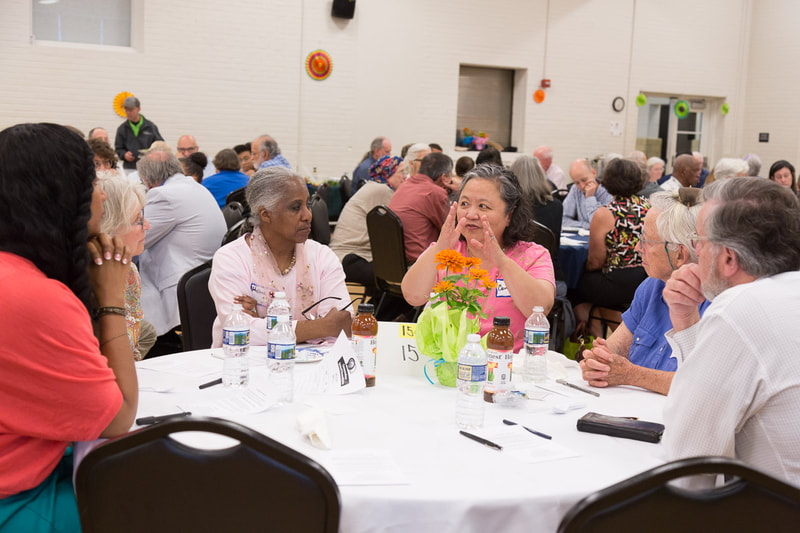
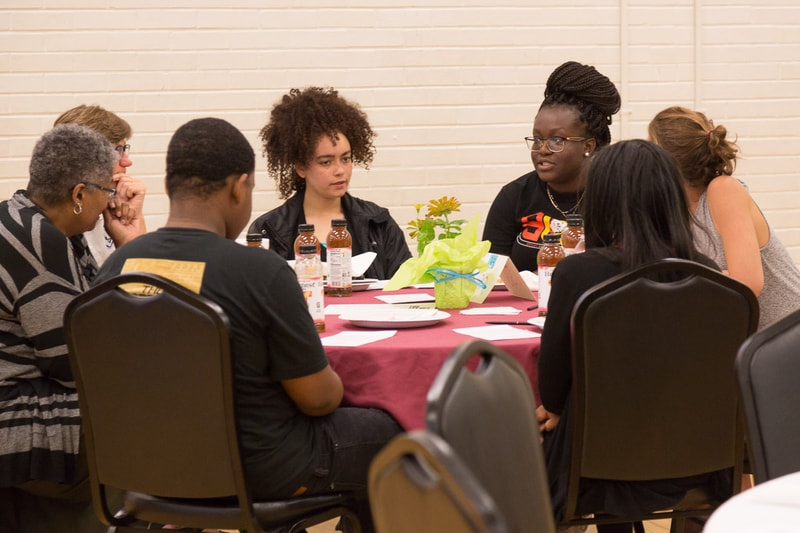
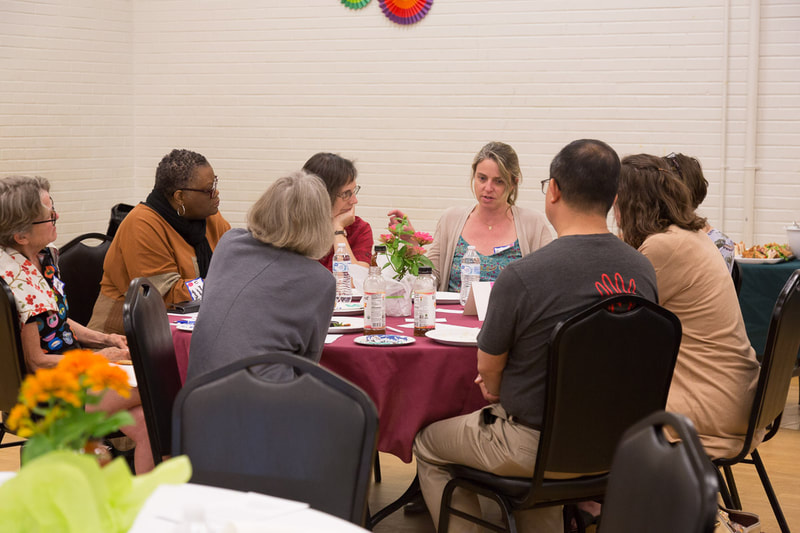
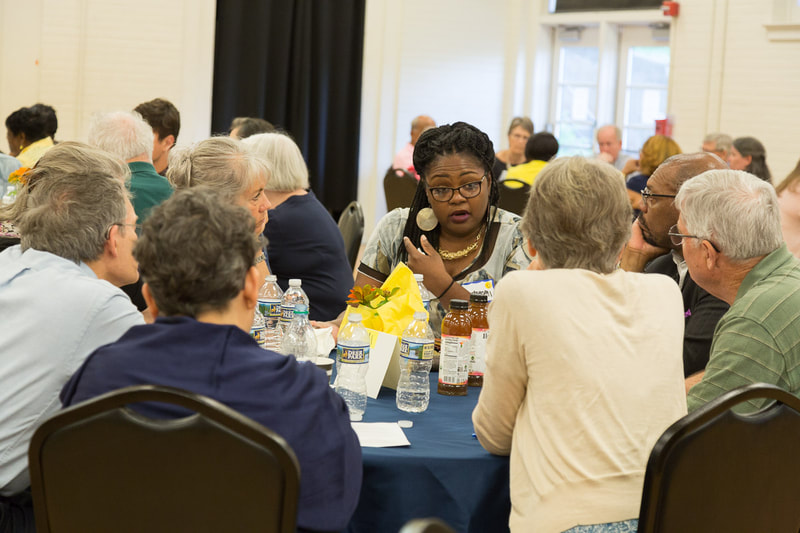
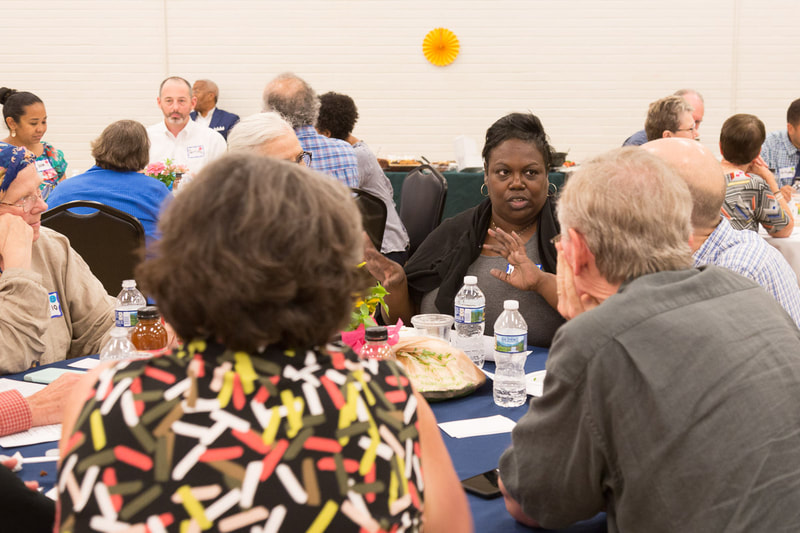
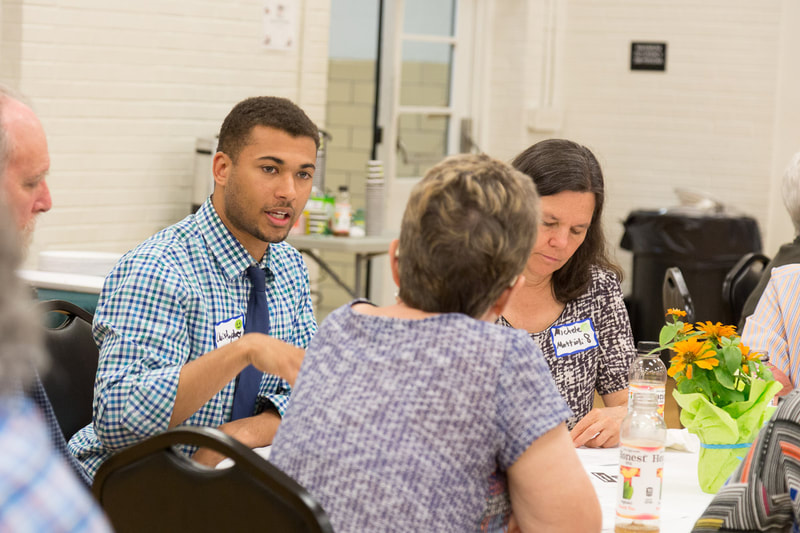
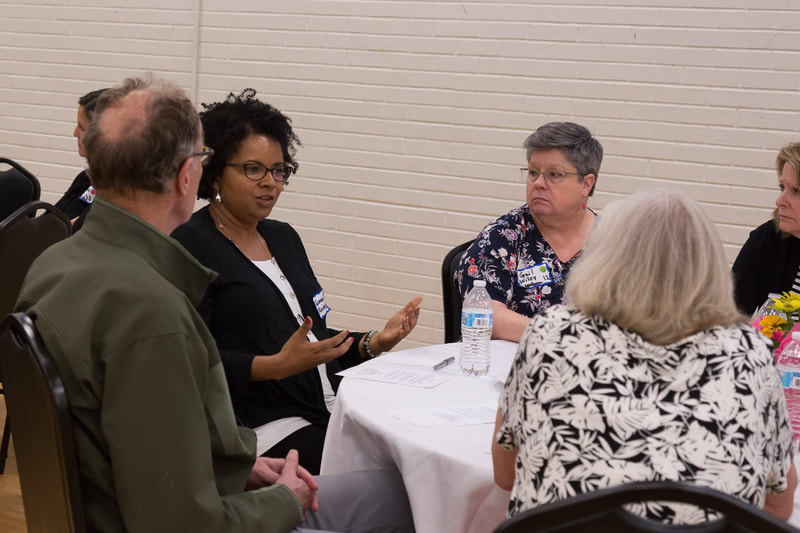
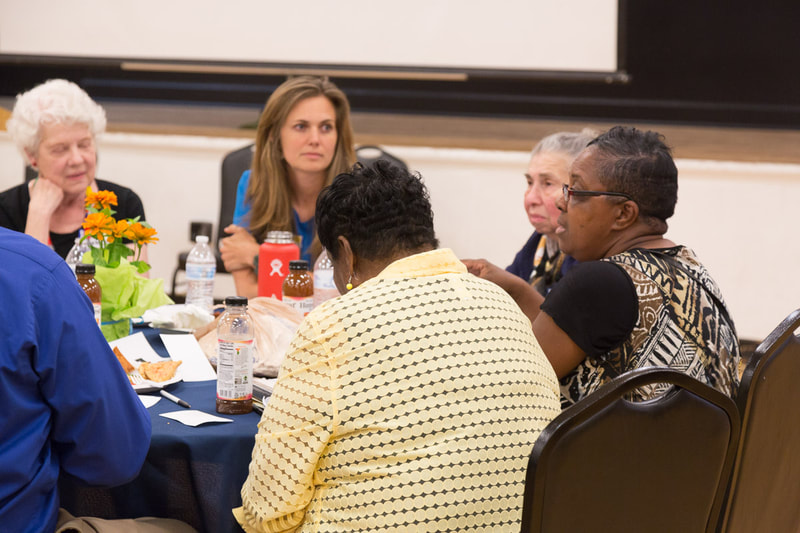
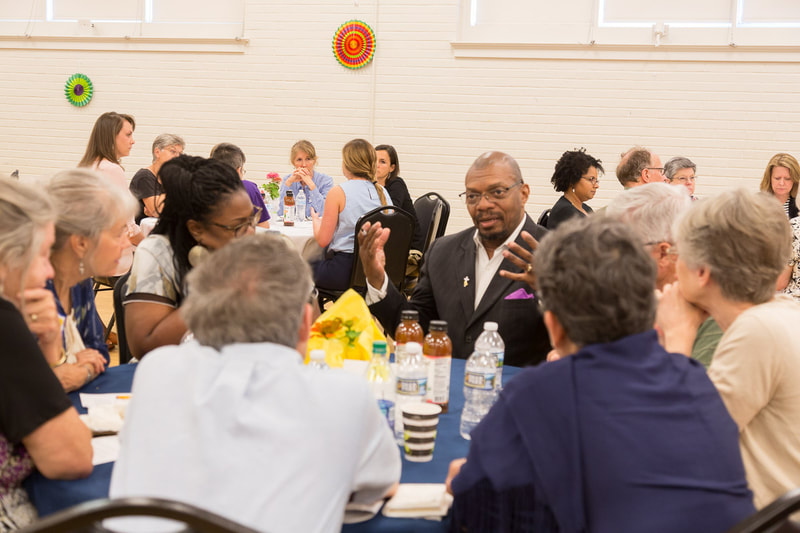
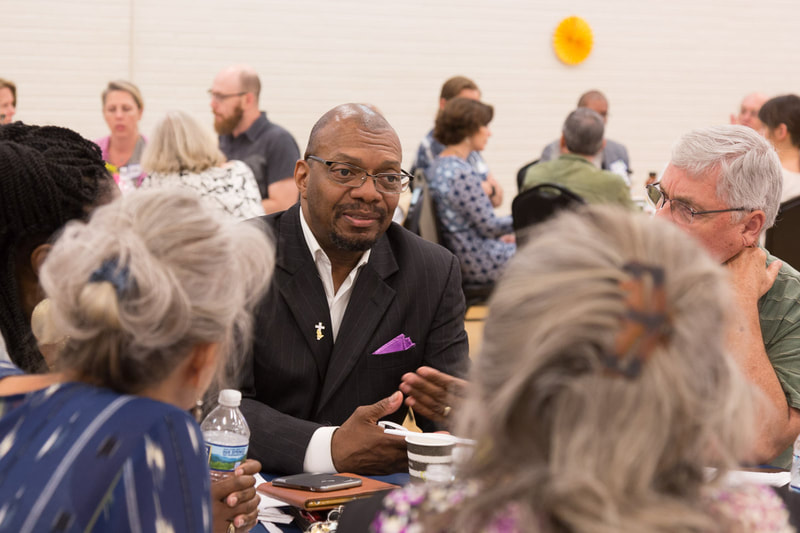
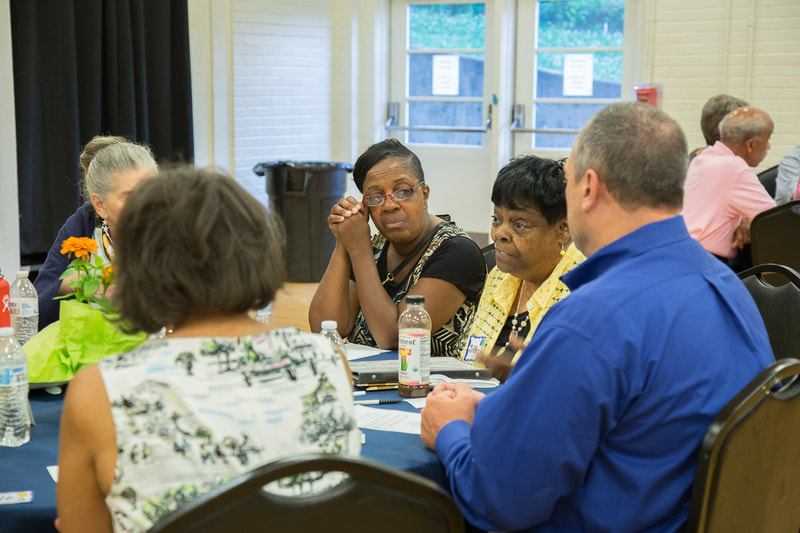
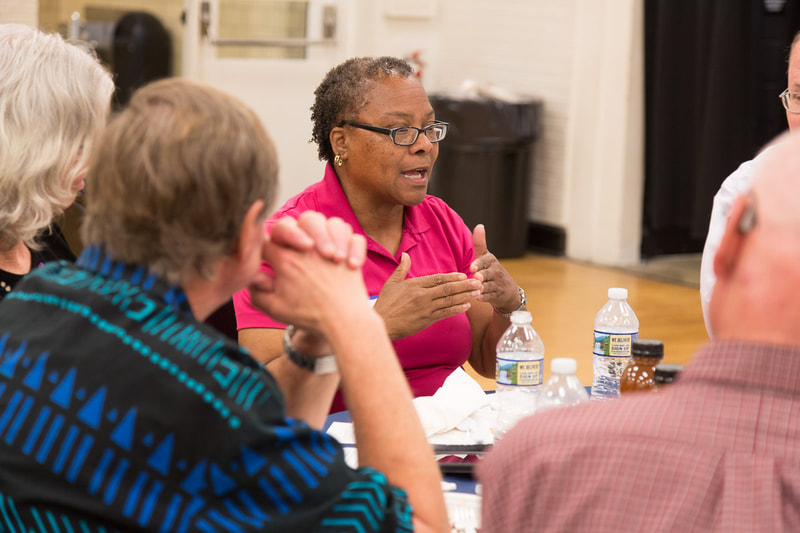

 RSS Feed
RSS Feed